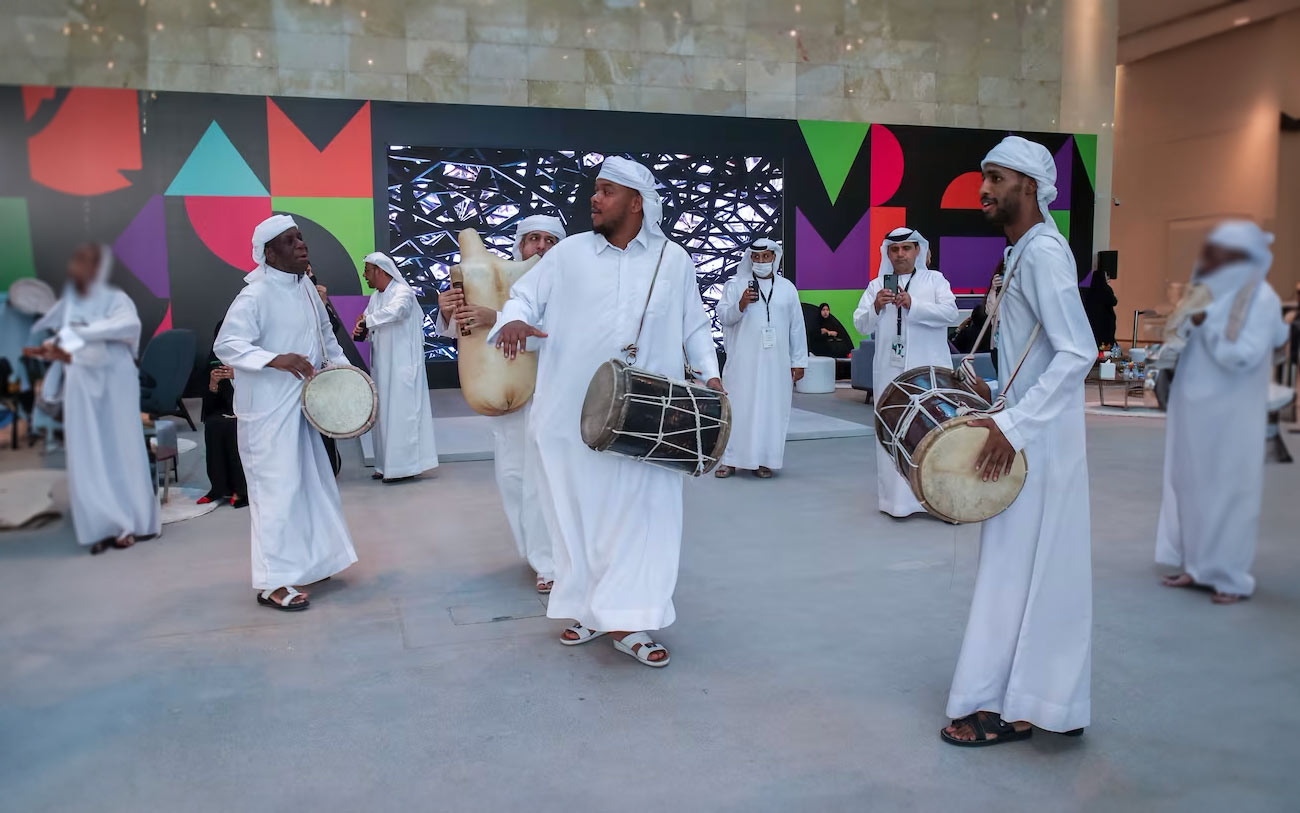English Español Français العربية
In a recent piece written on the occasion of the Cultural Summit 2024, held in Abu Dhabi, H. E. Razan Al Mubarak reflected on the role of cultural institutions in shifting public perceptions on climate and nature and boosting actions to address climate change and biodiversity loss.
Ms. Al Mubarak, who is President of the International Union for Conservation of Nature and the UN Climate Change High-Level Champion for COP28, said the world needed “a sharp increase in renewable energy, heightened energy efficiency, a responsible shift away from fossil fuels and a renewed commitment to preserving nature.”
Despite the progress achieved during the UN climate talks in Dubai last year, more needs to be done, said Ms. Al Mubarak. There is a funding gap of nearly $1 trillion per year for climate and nature preservation and restoration projects. More importantly, however, decision-makers and society as a whole need to expand their focus, considering the well-being of future generations instead of only considering short-term goals.
According to Ms. Al Mubarak, cultural institutions possess “a unique power to inspire change…by fostering a deep connection with people and communities, cultural institutions can bridge the gap between traditional knowledge and action, transforming the way we understand and respond to the environmental crisis,” she wrote.
In addition, cultural institutions can turn “scientific data into compelling narratives that resonate with a broad audience, sparking a collective movement towards sustainability”, she said.
“In this critical moment, we are called to choose the legacy we will leave behind. Will we be remembered as the generation that stood by as our planet suffered, or as the pioneers who rose to meet the greatest challenge of our time? The decision is ours, and the time to act is now.”
